These weaponised words will test our social cohesion
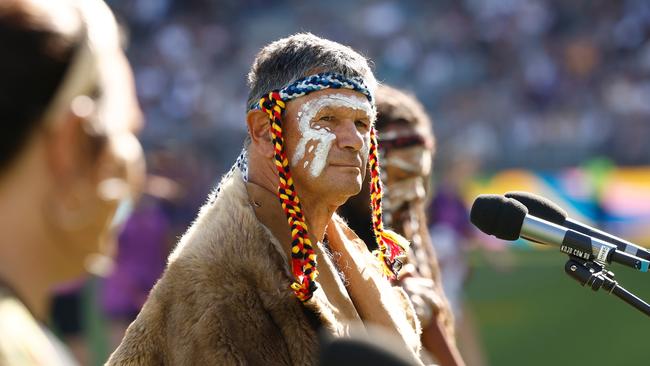
These try-hard fascists have no mates. They are devoid of persevering dignity. If they do not like a welcome to country at Anzac Day, fine. Protest in advance against its inclusion. Demonstrate on the steps of parliament. Write a stern letter to the editor. You have every right to fulminate before or after the event. But once something has been officially included in the Anzac ceremony, disrupting it is attacking the day itself and everything it represents.
Of course, none of this goes to the current controversy over whether we have too many welcomes, or whether we should have them at all. There are numerous contending views. Opposition Leader Peter Dutton is pretty grim. He not only thinks welcomes are “overdone”, but would quarantine them to a very small class of great ceremonial events, such as the opening of parliament and, presumably, a Carlton premiership.
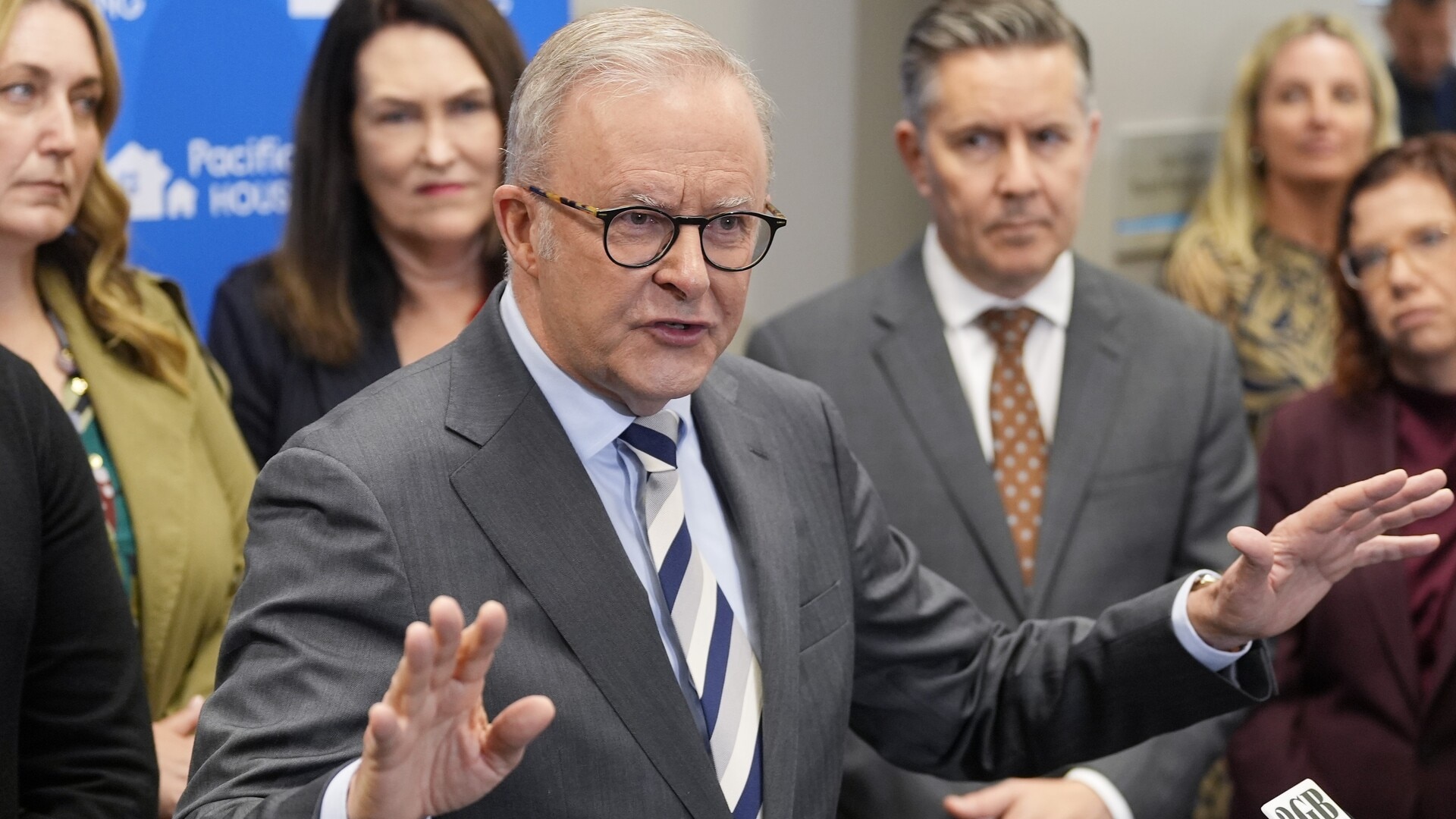
At the other end are those who would have a welcome to country at the instalment of a new light globe. But in the middle, there is an increasing bloc of people, utterly respectful of Indigenous people, who are starting to feel a bit welcomed out. They’re not flatly opposed to welcomes, and certainly would not be as niggardly as Dutton in having them performed. But they are sick of going to events where every single speaker – even if there are a dozen – trudges through a cookie-cutter acknowledgement of country.
They are the same people who roll their eyes when the ABC solemnly announces at the beginning of every news item that it is brought to you – for example – from Wiradjuri country. This certainly irritates me, not in principle, but because of the presumption of these talking heads acknowledging a people of whose country they have no idea, let alone their customs or language.
All of this may seem trivial, but it is not. Goodwill from non-Indigenous Australians towards their Indigenous compatriots floats on a sea of consensus. The overwhelming number of Australians agree they respect and value their Indigenous brothers and sisters.
But consensus is a funny thing. It can evaporate quickly. It can be pricked as much by repeated irritation as all-out assault. We must be careful not to overreach with seemingly petty annoyances like innumerable welcomes to country, and condescending instructions in Indigenous protocol.
Language matters here. Expressed one way, an Indigenous ceremonial can be an invitation. Said another, it can be a venomous dismissal, something Indigenous people have experienced themselves all too often.
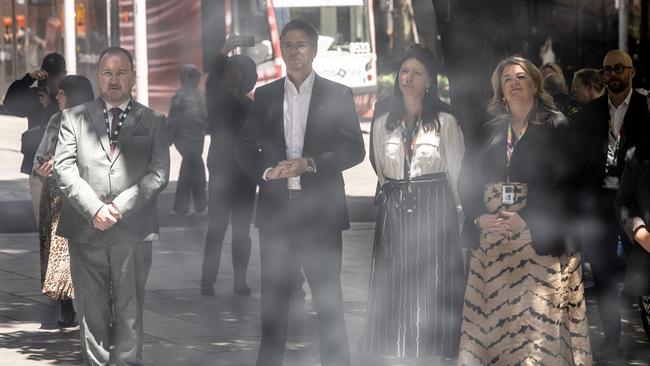
Critically, we are at the beginning of a new war of words and meaning around Indigenous people that will be divisive and bitter.
There’s always been difficulty in mutually adapting the English and Indigenous languages. For example, when Indigenous people wanted to express their unique connection with their land, they used the English term “sovereignty”.
But this is an expression of political philosophy, meaning total legal control. Clearly, since European incursion, Aboriginal people do not and cannot rule land in defiance of our constitutional system. “Sovereignty” is an inapt word, and it has been left to people such as Noel Pearson to redefine it as a “moral” suzerainty over land and people.
But a much worse vocabulary is now being pressed upon the Indigenous population by the same activists who lost the voice.
They are no longer Indigenous or Aboriginal people, but “First Nations”. Land is “unceded”. The Australian commonwealth is no longer a constitutional democracy, but an irredeemable “settler state”.
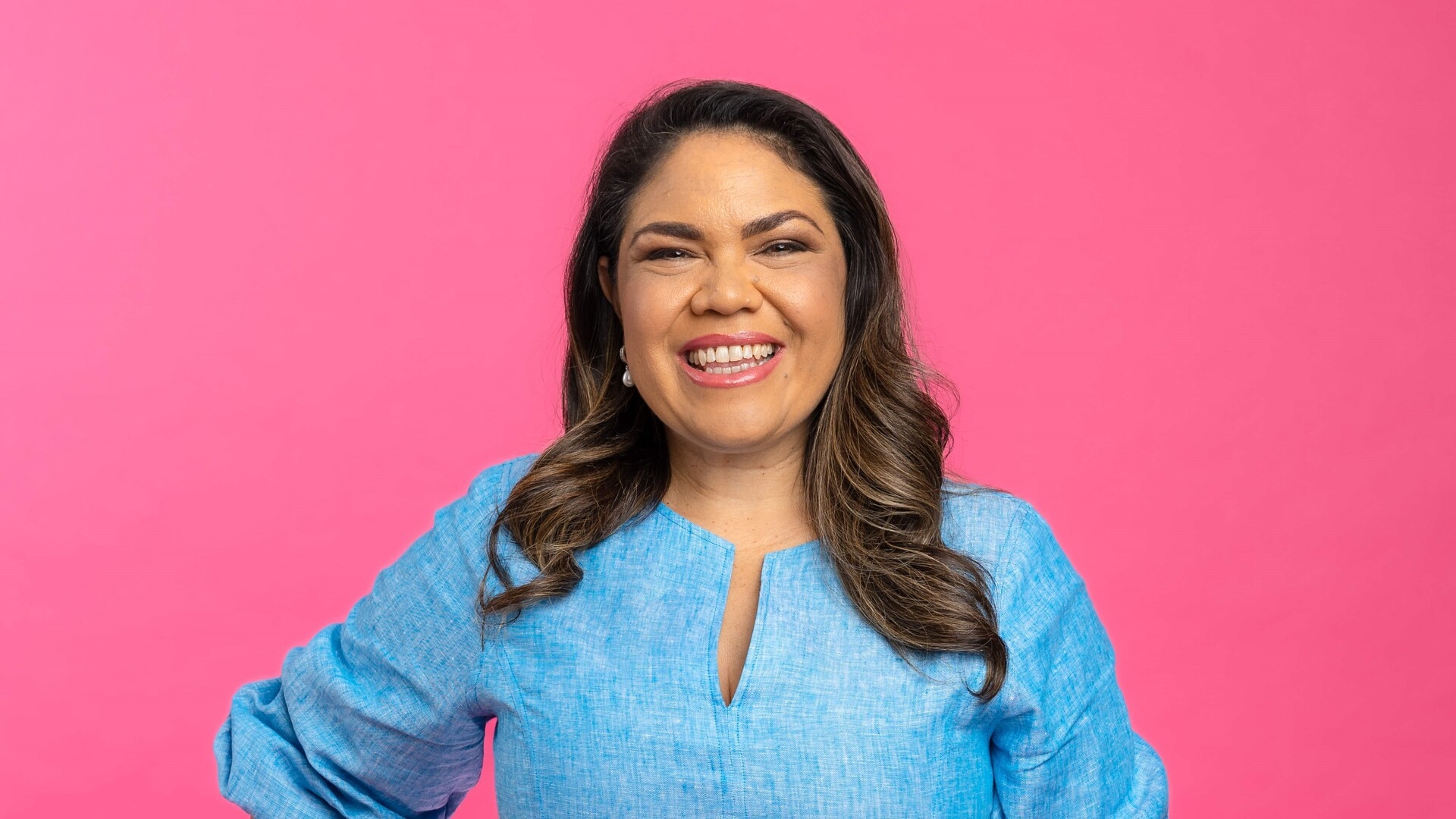
These words are not merely loaded, but radioactive. They will provoke endless friction between Indigenous and non-Indigenous Australians. They will be weaponised by enemies of reconciliation. Take First Nations. What does this imply? Australia is a nation, and you cannot have more than one nation in the same territory. Does this imply that Australia is not validly a nation? Is the Australian constitutional settlement merely one entity among many? If the other nations are “First”, is the Australian state inferior?
It is the voice debate turbocharged.
“Unceded” goes the same way. It asserts both an unbreakable, continuous authority, and an illegitimate usurper. Is constitutional Australia a mere political parasite? “Settler state” is the worst. As part of Marxist race theory, it asserts not only that a nation was settled by “settlers”, but that both the country and its contemporary citizens will never be more. On that basis, not only Australia itself, but its current citizens are simply illegitimate.
So small issues over welcomes to country can have big implications. They can be part of the slow fuse that detonates the great consensus between Indigenous and non-Indigenous Australians that Australia is a great national project, part of which must be justice for our original inhabitants.
If the voice was too far for the average Australian, being told he or she is a mere settler in their own country will be a marathon paved with thorns.
Greg Craven is a former vice-chancellor of the Australian Catholic University

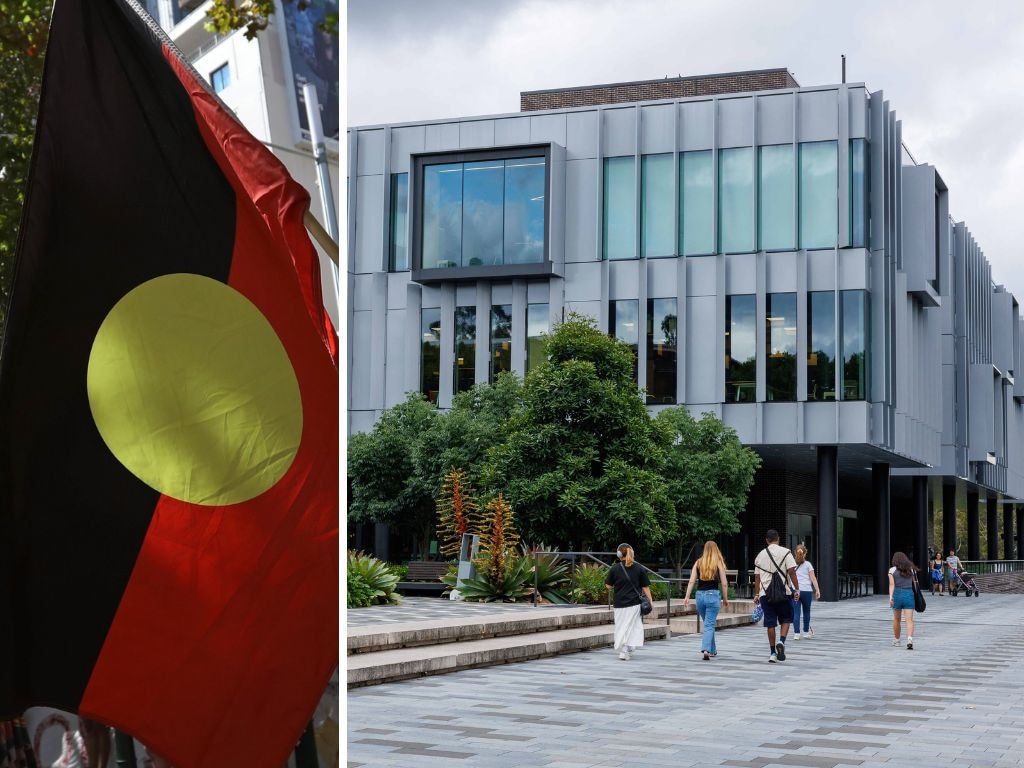

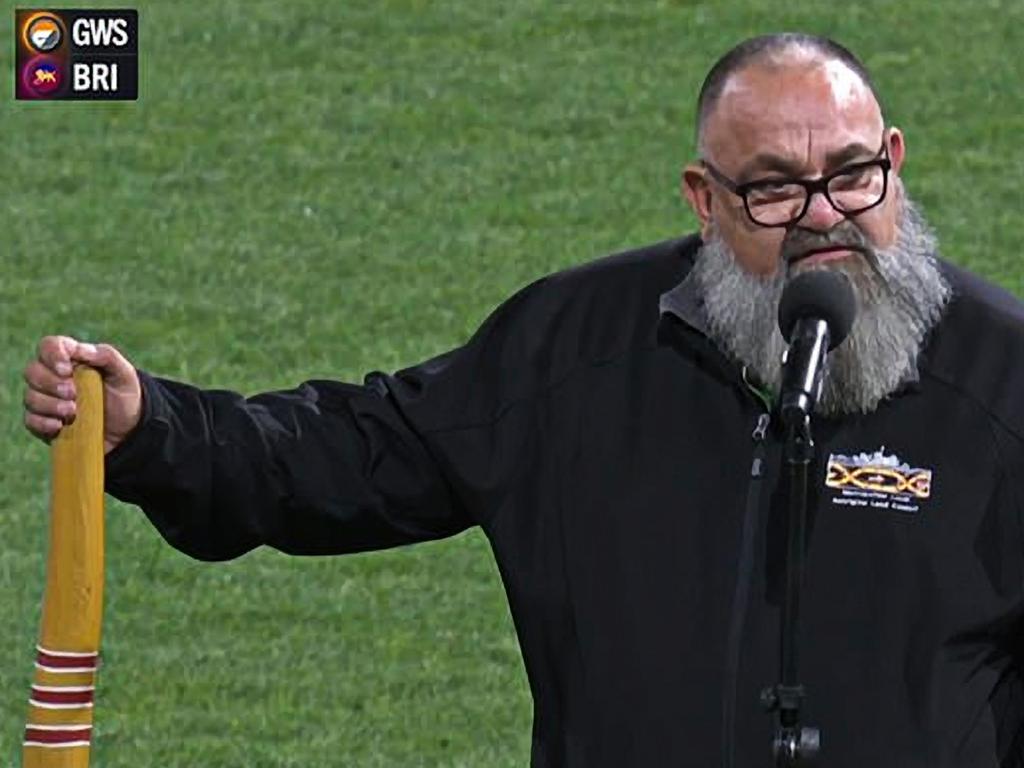
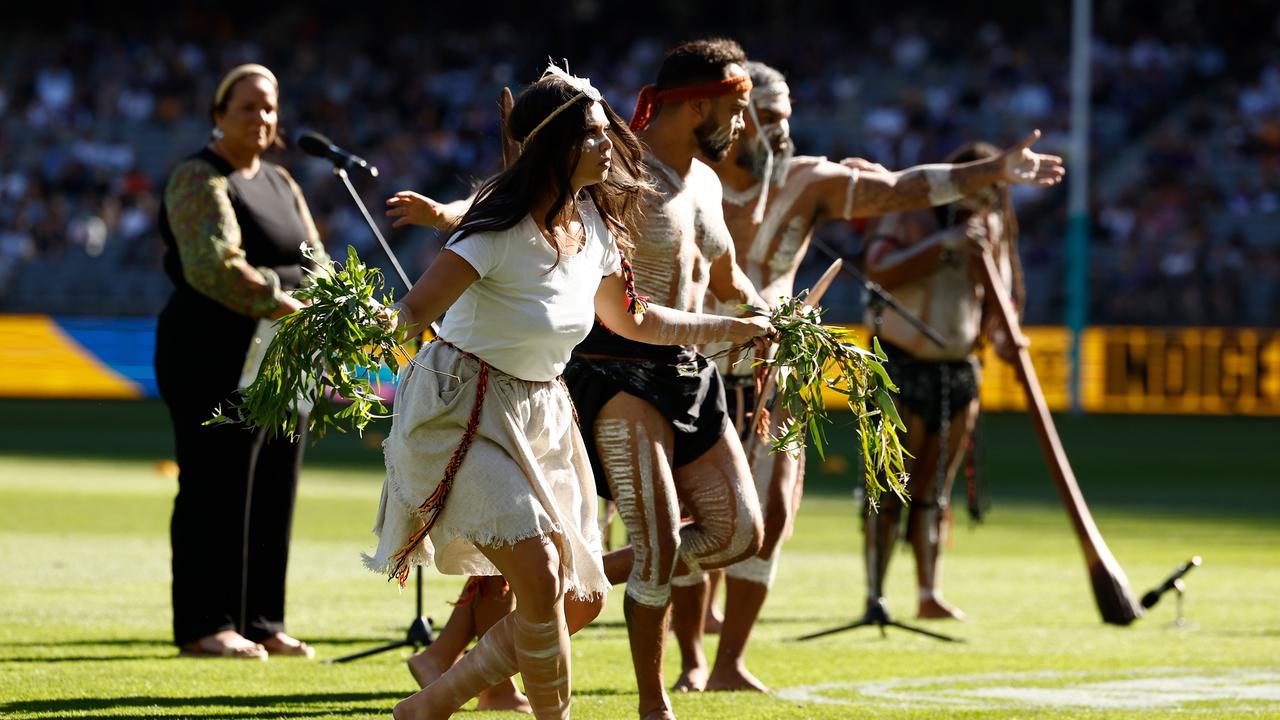
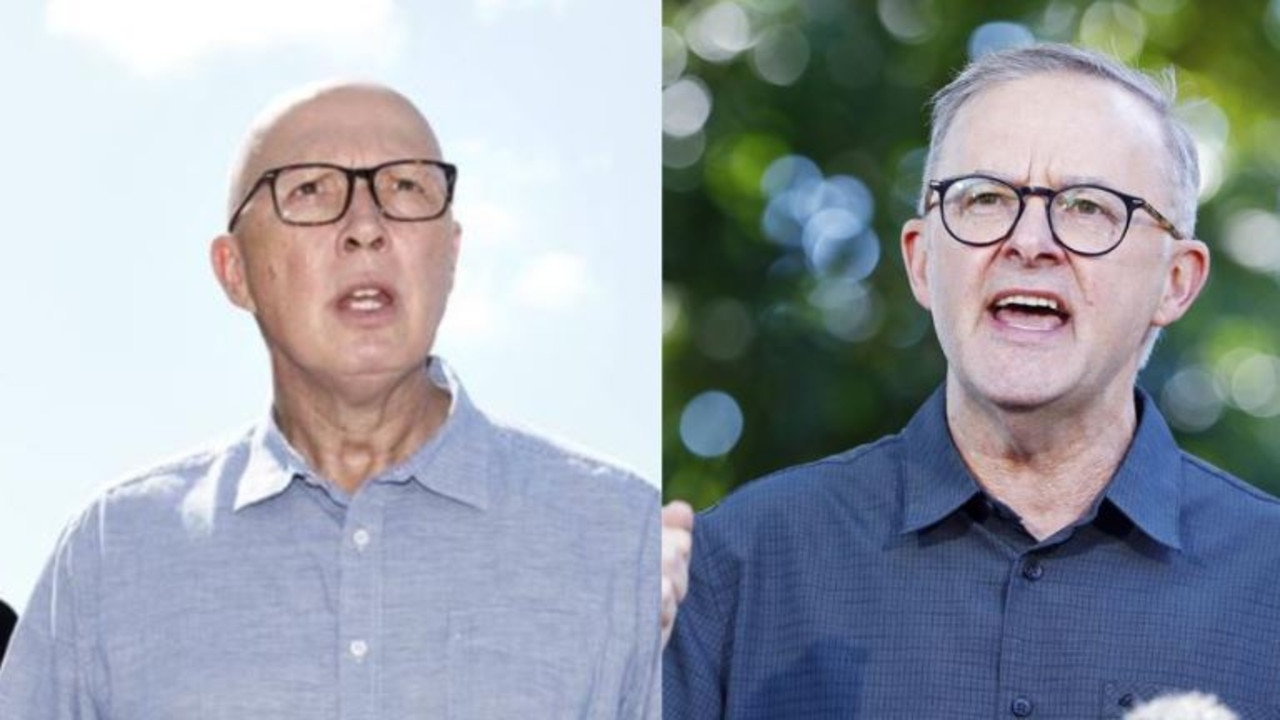
In the final days of the election campaign, welcomes to country have returned to the top of the national conversation. The neo-nothings who crashed Melbourne’s Anzac Day ceremony were beyond pathetic. They were blasphemers against the same faith they claim to protect: the very best of the Australian character as it shone in the horror of the First World War.